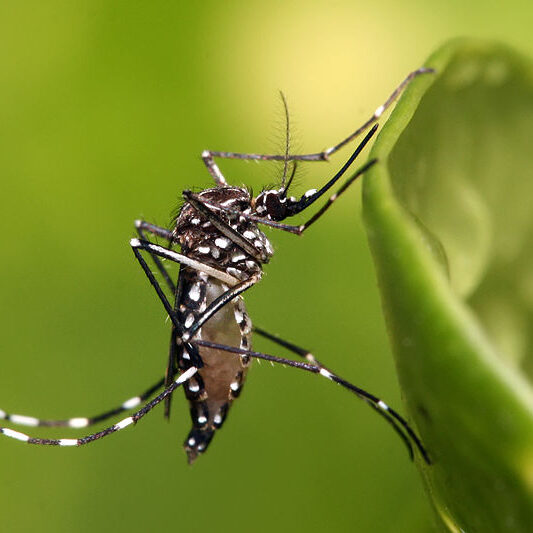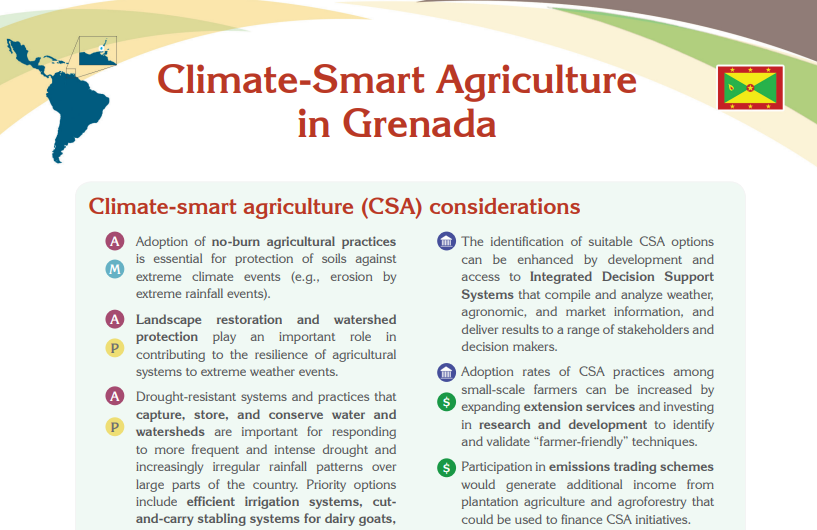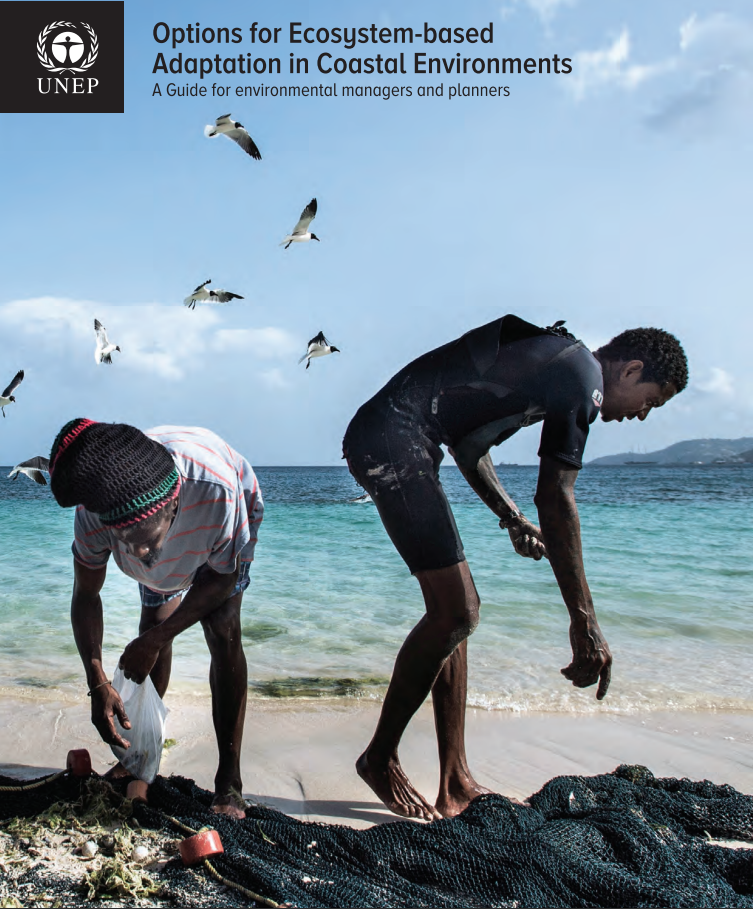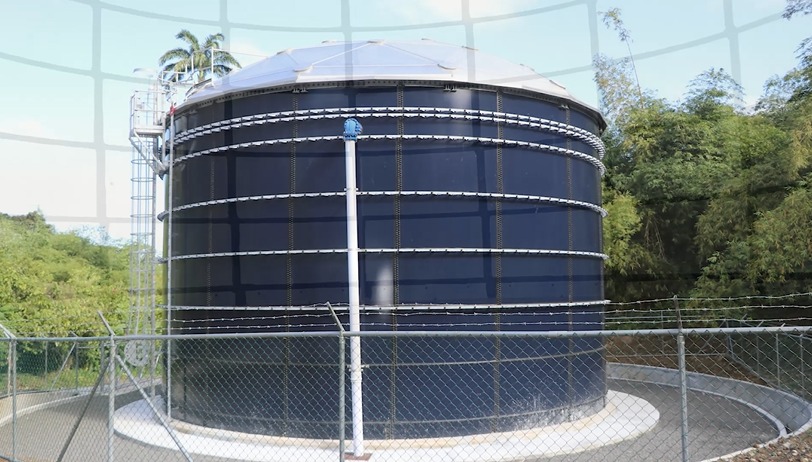
Challenges and Opportunities
Grenada’s health sector is increasingly vulnerable to the impacts of climate change, which threatens public health through extreme weather events, rising temperatures, and changing disease patterns. Small Island Developing States (SIDS), like Grenada, face unique challenges, including limited resources to mitigate and adapt to these impacts.
Challenges
- Vector-Borne Diseases: Rising temperatures and increased rainfall due to climate change create favorable conditions for the spread of vector-borne diseases such as dengue fever, chikungunya, and Zika. Mosquito populations, which transmit these diseases, thrive in warmer, wetter environments.
- Heat-Related Illnesses: As global temperatures rise, Grenada is likely to see an increase in heat-related illnesses, such as heat exhaustion and heatstroke, particularly among vulnerable populations like the elderly and outdoor workers.
- Water-Related Diseases: More frequent storms and floods can lead to the contamination of water supplies, increasing the risk of waterborne diseases such as gastroenteritis, leptospirosis, and cholera.
- Mental Health Impacts: The stress and anxiety caused by extreme weather events, such as hurricanes, can have long-term mental health impacts on the population, exacerbating existing mental health issues and increasing the demand for psychological services.
- Infrastructure Damage: Grenada’s health infrastructure, particularly its hospitals and clinics, is vulnerable to damage from hurricanes and flooding. This can disrupt the delivery of essential health services during critical times.
Opportunities:
- Climate-Resilient Health Infrastructure: Investment in resilient infrastructure, including the strengthening of hospitals and clinics, can ensure that health services remain operational during and after extreme weather events.
- Disease Surveillance Systems: Strengthening disease surveillance systems to monitor climate-sensitive diseases can help the health sector respond more effectively to emerging health threats.
- Public Health Awareness: Increasing public awareness of climate change-related health risks, including heat stress, vector-borne diseases, and mental health impacts, can empower communities to take preventive action.
- Health Workforce Training: Providing training for healthcare professionals on climate change adaptation and health can enhance their ability to manage emerging health issues related to climate impacts.
- Integrated Disaster Response: The integration of health services into national disaster preparedness and response plans can improve overall resilience to climate-related emergencies.
Sector's Governance
The health sector in Grenada is primarily governed by the Ministry of Health, Wellness and Religious Affairs, which is responsible for overseeing public health policy, the provision of healthcare services, and the promotion of health and wellness. The Ministry’s key responsibilities include:
- Primary Healthcare Services: The Ministry oversees the operation of public hospitals, health centers, and community health services, ensuring that healthcare is accessible across the island.
- Climate-Health Integration: In response to climate change, the Ministry works with international partners to integrate climate resilience into the health sector, focusing on improving health infrastructure, disease surveillance, and emergency preparedness.
- Collaboration with Disaster Agencies: The Ministry of Health collaborates with disaster management agencies such as the National Disaster Management Agency (NaDMA) to enhance the resilience of health services during climate-related disasters.
Policy Framework
Grenada’s policy framework for addressing health challenges related to climate change is shaped by both national and international initiatives:
- Grenada National Adaptation Plan (NAP): The NAP includes specific strategies to protect public health from the impacts of climate change, such as strengthening health infrastructure, improving disease surveillance, and enhancing emergency preparedness.
- Health Sector Strategic Plan: This plan outlines the government’s long-term vision for improving healthcare services in Grenada, with a focus on enhancing healthcare infrastructure, access to services, and capacity to respond to health emergencies, including those triggered by climate change.
- Climate Change and Health Action Plan: Grenada has been working on developing an action plan that addresses climate change-related health risks, including water and vector-borne diseases, heat stress, and mental health impacts.
- Disaster Risk Reduction Strategy: The health sector is integrated into Grenada’s broader disaster risk reduction strategies, ensuring that healthcare services are part of national disaster preparedness and response.
Regional and International Agreements
As part of the Caribbean region, Grenada is involved in several regional agreements and initiatives aimed at addressing health challenges, including those related to climate change:
- Caribbean Public Health Agency (CARPHA): CARPHA provides technical support to Grenada in addressing public health challenges, including climate-sensitive diseases, through research, disease surveillance, and health promotion.
- Pan American Health Organization (PAHO): Grenada collaborates with PAHO on regional health initiatives aimed at improving healthcare delivery and strengthening the health sector’s resilience to climate change impacts.
- CARICOM Regional Health Strategy: As a member of CARICOM, Grenada is part of regional efforts to strengthen healthcare systems, enhance climate resilience, and improve access to healthcare in the face of climate change.
- United Nations Framework Convention on Climate Change (UNFCCC): Grenada participates in global climate change discussions, which shape health sector strategies and policies that address climate impacts on public health.
Review of the Health Sector
Grenada’s health sector is composed of public and private healthcare facilities, with the public sector being the primary provider of healthcare services to the population. Key features of the current health system include:
- Primary Healthcare: Grenada has a well-established network of primary healthcare facilities, including general hospitals and community health centers, providing essential health services such as immunization, maternal care, and treatment for chronic diseases.
- Healthcare Infrastructure: While the government has made efforts to improve health infrastructure, many facilities remain vulnerable to climate-related disasters, and there is a need for investment in more resilient structures and equipment.
- Human Resources for Health: The health sector faces challenges related to a shortage of skilled healthcare workers, particularly in specialized areas, which may be exacerbated by increased demand due to climate-related health issues.
- Non-Communicable Diseases (NCDs): Grenada continues to struggle with a high burden of non-communicable diseases, including diabetes, hypertension, and cardiovascular diseases, which are worsened by rising temperatures and other climate impacts.
- Climate-Sensitive Diseases: The country is also at risk for an increase in climate-sensitive diseases such as dengue and Zika, which place additional strain on the healthcare system.
In conclusion, Grenada’s health sector faces significant challenges due to climate change, including the increased prevalence of vector-borne diseases, heat-related illnesses, and mental health impacts. However, there are opportunities to build resilience through improved infrastructure, disease surveillance, and public health awareness. Strengthening governance and regional cooperation will be crucial in ensuring that Grenada’s health sector can adapt to and mitigate the impacts of climate change effectively.




